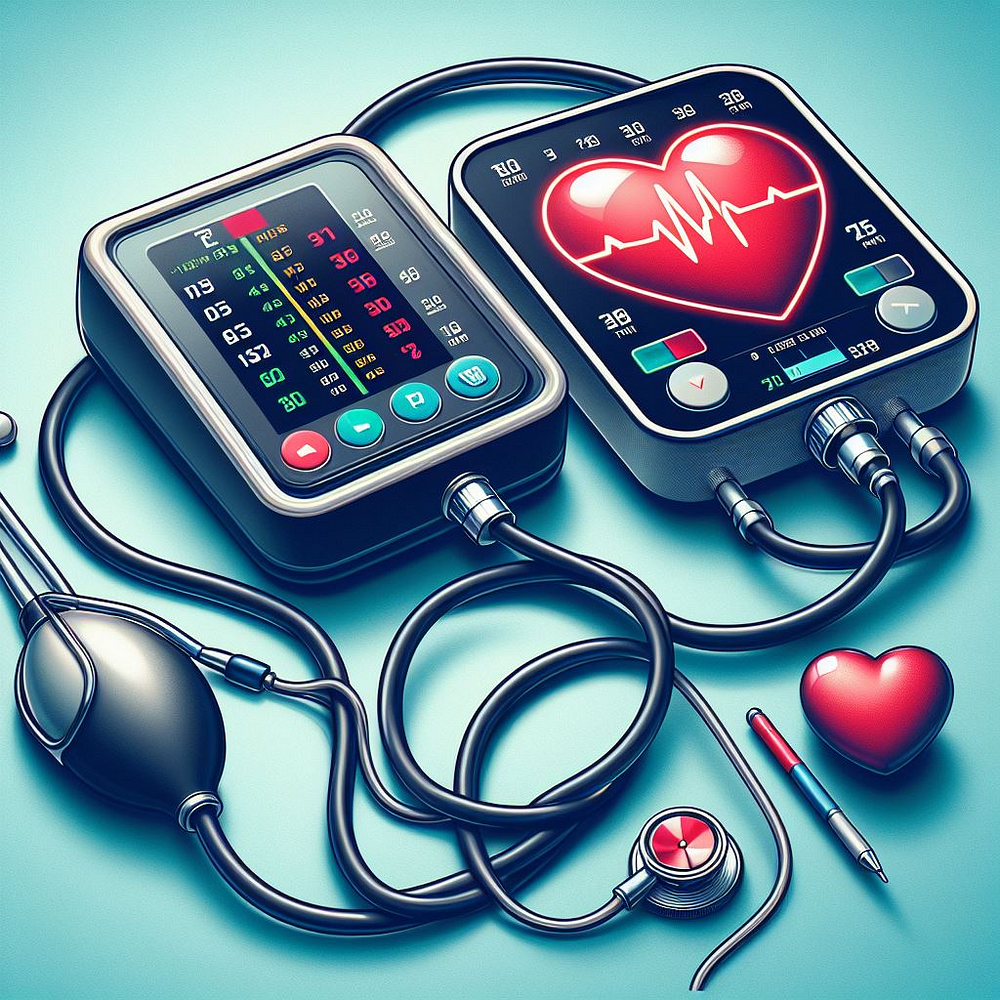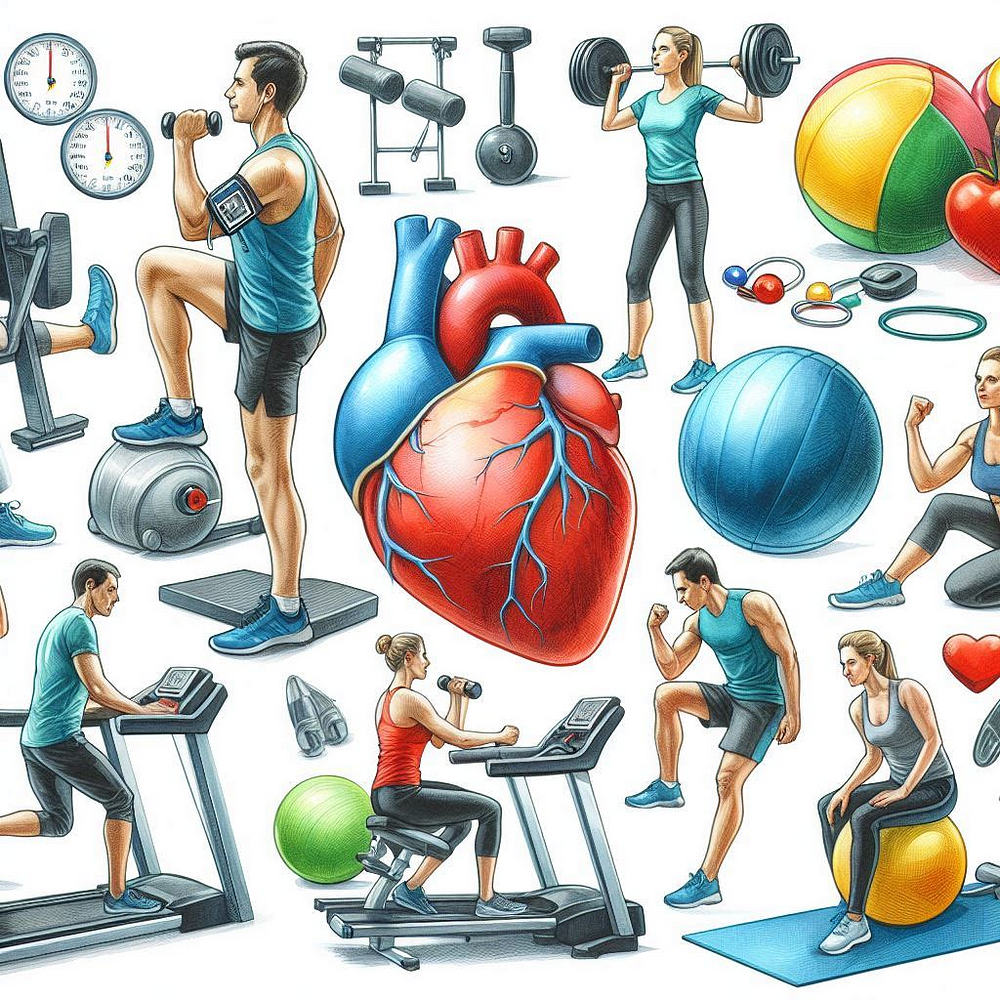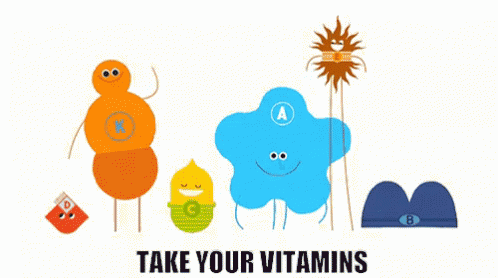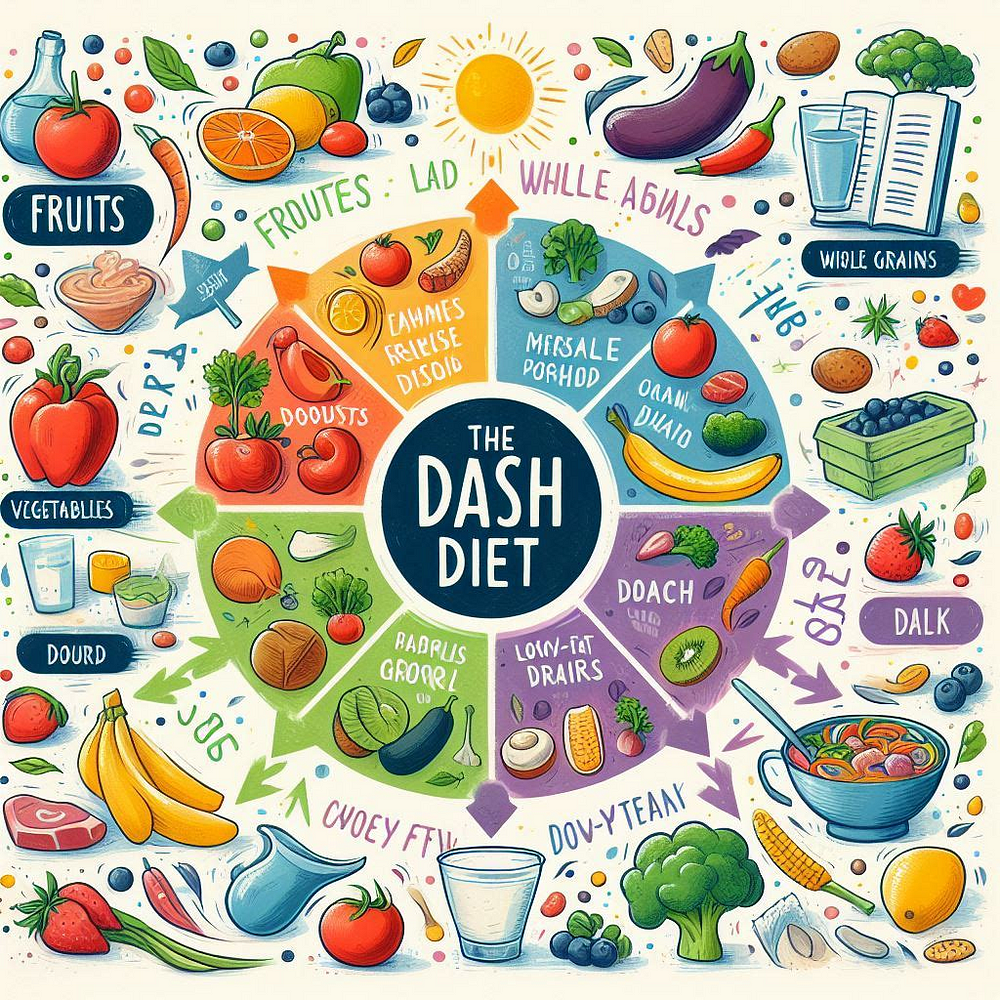Mastering Hypertension: Essential Strategies, Dash Diet, and Natural Supplements for Effective Management
Natural Solutions for Lowering Blood Pressure: Exploring Effective Supplements

Welcome, Peace be upon you all. I wish you good health, wellness, happiness, and satisfaction. High blood pressure can be a daunting foe, but armed with the right knowledge and strategies, you can take control of your health and keep those numbers in check. This blog will provide tips and lifestyle changes to help you manage hypertension and enhance your overall well-being.
Optimizing Your Diet and Lifestyle
When it comes to managing hypertension, your diet and lifestyle play pivotal roles. Here is a thorough list of suggestions for things you can incorporate into your daily routine:
Honey Juice Blend: Start your day with a refreshing honey juice blend. Simply mix a spoonful of honey with ⅓ cup of warm water. For added health benefits, consider including marjoram, pollen, and echinacea in your blend. These natural ingredients are packed with antioxidants and anti-inflammatory properties that can support cardiovascular health.
Dietary Guidelines: Adopting a heart-healthy diet is essential for managing hypertension. Aim to follow a low-salt diet and opt for sea salt whenever possible. Avoid consuming processed and fast foods, These foods are frequently high in sodium and unhealthy fats. Instead, focus on whole, nutrient-rich foods like fruits, vegetables, whole grains, lean proteins, and healthy fats. Be diligent about reading ingredient labels to monitor sodium content and make informed choices about the foods you consume.
Nutritional Additions: Enhance your meals with nutritional powerhouses like flax seeds, milk, and nuts. Flax seeds are rich in omega-3 fatty acids, which have been shown to have a positive impact on blood pressure levels. Incorporate them into your yogurt or sprinkle them over salads for an added boost of heart-healthy nutrients. Additionally, aim to include two cups of milk and five nuts in your daily diet. Milk is a great source of calcium and vitamin D, while nuts provide a satisfying crunch and a dose of heart-healthy fats.
Herbal Remedies: Explore the benefits of herbal remedies in managing hypertension. Basil, cinnamon, cardamom, flaxseed, garlic, and ginger are just a few examples of herbs known for their potential to lower blood pressure. Consider incorporating these herbs into your cooking or enjoying them in the form of herbal teas or supplements. However, it’s important to consult with a healthcare professional before using herbal remedies, especially if you’re taking medications or have underlying health conditions.
Detox and Nourish:
Revitalize Your Body with Thoughtful Meal Plans Are you ready to hit the reset button? Give your body a reset with periodic detox diets and structured meal plans. Detox diets can help eliminate toxins from your body, improve digestion, and promote overall well-being. Start your day with a cleansing lemon and honey juice blend, followed by balanced meals for breakfast, lunch, and dinner. Incorporate plenty of fruits, vegetables, whole grains, and lean proteins into your meals, and enjoy healthy snacks throughout the day to keep your energy levels up.
🥗Remember the power players: fruits, vegetables, whole grains, lean proteins, and hydration . Listen to your body, savor each bite, and let wellness be your guide. 🌱💚 For more information, explore reliable sources on detox diets and balanced meal planning1.
Dash Diet Guidelines: Consider adopting the DASH (Dietary Approaches to Stop Hypertension) diet, which is specifically designed to lower blood pressure and promote heart health. The DASH diet emphasizes whole grains, fruits, vegetables, low-fat dairy, lean proteins, nuts, seeds, legumes, and healthy fats while limiting sodium, sweets, and processed foods. By following the principles of the DASH diet, you can significantly improve your blood pressure and overall health.
Staying Physically Active
Regular physical activity is another cornerstone of hypertension management. Incorporating exercise into your daily routine can help lower blood pressure, strengthen the heart, and improve cardiovascular health.

Engage in regular physical activity such as brisk walking, jogging, swimming, or cycling for at least 30 minutes most days of the week.
Aim for a combination of aerobic exercises and strength training exercises to maximize the benefits for hypertension management.
Find activities that you enjoy and make them a priority in your schedule. Whether it’s a morning walk in the park, a yoga class, or a bike ride with friends, staying active should be both enjoyable and sustainable.

Monitoring Your Blood Pressure
Regular monitoring of your blood pressure is essential for tracking your progress and making informed decisions about your treatment plan.
Monitoring Blood Pressure at Home:
🏥Invest in a reliable blood pressure monitor and learn how to use it correctly.
🕗Check your blood pressure at least once a day or as recommended by your doctor.
📝Keep a record of your readings and share them with your healthcare provider during medical appointments.
👨⚕️🩺Be proactive about discussing any concerns or changes in your blood pressure with your doctor, and work together to make adjustments to your treatment plan as needed.

Natural Supplements to Lower Blood Pressure:
Managing blood pressure levels effectively is crucial for maintaining overall health and well-being. Fortunately, there are a variety of methods and strategies available to help achieve this. One such method is the consumption of magnesium, an essential, not only helps relax blood vessels but also promotes better sleep and reduces muscle cramping, addressing deficiencies common in over 80% of the population.
Calcium, crucial for muscle function, including the muscles that control blood vessel constriction and dilation, supports overall cardiovascular health when obtained through a balanced diet. However, caution should be exercised when considering calcium supplements
Hawthorn Berry, known for its benefits in treating heart and circulatory system conditions, particularly benefits individuals with type 2 diabetes and heart failure symptoms.
NattoKinase, derived from a popular Japanese food, indirectly contributes to blood pressure reduction by reducing blood stickiness and impacting both systolic and diastolic numbers.
Gaba, a neurotransmitter that calms central nervous system activity, leads to significant drops in blood pressure.
Additionally, Grape Seed Extract shows promise in lowering systolic numbers by at least 12 points. Explore these natural remedies to support your journey towards better cardiovascular health.
Coenzyme Q10 (CoQ10), a potent antioxidant, supports heart health and may lower blood pressure by improving circulation and reducing oxidative stress. Omega-3 fatty acids, found in fish oil supplements, have been associated with reduced blood pressure and improved heart function. Beetroot extract, rich in nitrates, relaxes blood vessels and promotes better blood flow, leading to lower blood pressure levels. Vitamin D supplementation may also play a role in blood pressure regulation, especially in individuals with vitamin D deficiency. Consider adding these natural supplements to your daily routine to support cardiovascular wellness. As always, consult with a healthcare professional before starting any new supplement regimen.

In conclusion, effectively managing hypertension involves making dietary changes, adopting a healthier lifestyle, engaging in regular physical activity, and monitoring blood pressure. By following these expert tips and incorporating lifestyle changes, you can take control of your health. However, it is important to consult with a healthcare professional before making any major changes and prioritize self-care for overall well-being.
With warm regards and heartfelt blessings.
Khedija Hafsi.
Experience the ultimate cardiovascular support with LiveGood Super Red — the number one product in its category
Disclaimer: The information provided here is for educational purposes only and should not be construed as medical advice. Always consult with your healthcare provider before making any changes to your treatment plan or medication regimen. It’s essential to continue monitoring your blood pressure regularly and be vigilant for any potential side effects.
References
11 Best Herbs and Supplements for High Blood Pressure (verywellhealth.com)
Which supplements can lower blood pressure? (medicalnewstoday.com)

Comments
Post a Comment